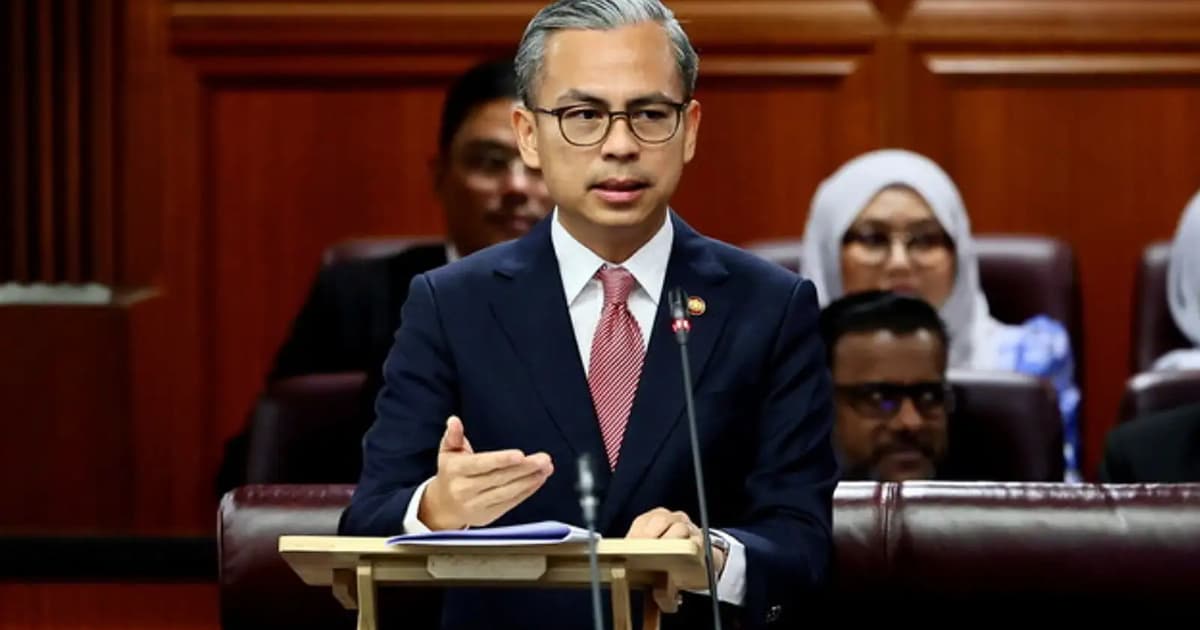
Several social media platforms have failed to fully comply with takedown orders on manipulative and fraudulent content generated through artificial intelligence (AI), says communications minister Fahmi Fadzil.
He said between Jan 1 and Aug 31 this year, the Malaysian Communications and Multimedia Commission (MCMC) submitted 1,602 requests for the removal of AI-based scam content.
However, only 1,346 were taken down, reflecting a compliance rate of about 84%, he said.
“From MCMC’s observation and my own, social media platforms are not taking online safety issues involving AI content seriously.
“This was proven when even His Majesty the Yang di-Pertuan Agong and the prime minister themselves fell victim to deepfake scams purportedly promoting investment schemes,” he said during question time at the Dewan Negara today.
He was responding to Senator Rita Sarimah Patrick Insol, who had asked about AI-related scam cases detected over the past two years and the measures taken to raise public awareness on the matter.
Given the urgent need for stronger legal enforcement, Fahmi said the government would enforce the Online Safety Act 2025 (Act 866) by the end of this year or early 2026, which, among others, would require all social media and online messaging platforms to label AI-based content.
“Platforms will be required to use labels such as ‘AI generated’ or ‘AI enhanced’ on AI images or content. While we acknowledge that AI can improve visuals, we do not want it to be misused for scams that ultimately cause losses to the public,” he said.
In addition, he said Act 866 would require service providers to submit online safety plans as proof of compliance, while MCMC is also studying the possibility of imposing licensing requirements on applications that use AI.
To combat digital crime more effectively, Fahmi said the government had established the National Scam Response Centre, led by the police in collaboration with the communications ministry, home ministry, Bank Negara Malaysia and MCMC.
NSRC serves as a rapid response hub for digital scam cases while carrying out public awareness programmes and national campaigns on digital crime, he added.






